Your Cart is Empty
Talk to an Expert: 1-844-945-3625 |Call, Text, or Chat | M-F 10am-5pm CST
Menu
-
- Water Filter Systems
- Portable Solar Generators
- Propane Wall Heaters
- Composting Toilets
- DIY Buildings & Kits
- Canvas Tents
- Homestead & Off Grid Supplies
- Chicken Coops
- Harvest Right Freeze Dryers
- Emergency Food Kits
- Hunting Blinds
- MrCool DIY Mini Splits
- Solar Air Conditioners
- Solar Fridge & Freezers
- Camping Coolers
- Electric Coolers
- Overlanding Gear
- Two Person Cots
- Portable Sauna Tents
- Incinerating Toilets
- Dairy Equipment
- Coolers
- Faraday Defense
- EMP Shield
- Hunting Blinds
- Compost Tumblers
- Drip Irrigation Kits
- Shade Cloth
- Propane Fireplace
- Portable BBQ's
- Brands
- Chicken Coop Brands
- Composting Toilet Brands
- Solar Brands
- Food Storage Brands
- Freeze Dryer Brands
- Water Filtration Brands
- Incinerating Toilet
- Waterless Toilet Brands
- Heater Brands
- EMP Shield Brands
- Tent Brands
- Cot Brands
- Cooler Brands
- Dog Kennels
- Greenhouse & Gazebo Brands
- Portable Saunas
- DIY Shed Kits
- About Wild Oak Trail
- Resource Center
- The Ultimate Prepper & Emergency Survival Blog - Includes Free eBook
- Beginners Guide to Living off The Grid - Includes Free eBook
- Building Your Own Emergency Food Supply
- Best Survival Food to Be Prepared for Anything
- Berkey Lab Tests & Certifications
- Federal Solar Tax Credit - What You Need to Know
- BLOG
-
- 1-844-945-3625
- Login

Talk to an Expert: 1-844-945-3625 |Call, Text, or Chat | M-F 10am-5pm CST
How To Choose A Survival Food Kit
Emergency situations such as a natural disaster, power outage, or even economic instability can leave us without access to fresh food for extended periods. In these times, a survival food kit becomes a lifeline.
Not only does choosing your survival food provide essential nutrition, but it also helps maintain a sense of normalcy during a crisis. The right emergency survival food kit ensures that you have a variety of shelf-stable foods, including freeze-dried meals, canned goods, and dehydrated foods, ready to eat whenever needed.
Key Takeaways
- Food Security: A well-prepared survival food kit ensures safe and nutritious food during emergencies.
- Best Survival Foods: Include a variety of shelf-stable options like freeze-dried, canned, and dehydrated food.
- Calorie and Dietary Needs: Plan based on household size and specific dietary requirements to ensure adequate nutrition.
The Importance of Survival Food
Having a well-thought-out emergency food kit ensures that you and your family are equipped to handle emergencies. Other benefits include:
- Immediate Access to Nutritious Meals: When disaster strikes, there is often little time to gather supplies. Having a survival food kit means you have ready-to-eat, nutritious meals at your fingertips. Freeze-dried foods, canned meats, and dried fruits provide essential nutrients without the need for refrigeration or cooking.
- Long-Shelf Life: Survival foods are designed to last. Freeze-dried meals, dehydrated foods, and canned goods can have a shelf life of several years.
- Convenience and Portability: Emergency food kits are often easy to store and take with you if you need to evacuate. Items like canned goods, dried beans, and shelf-stable foods are perfect for a survival pantry.
- Variety and Nutritional Value: A balanced emergency food supply includes a variety of food items to meet different nutritional needs. Dried fruits, green beans, brown rice, peanut butter, and canned dairy products provide essential vitamins, minerals, and proteins.
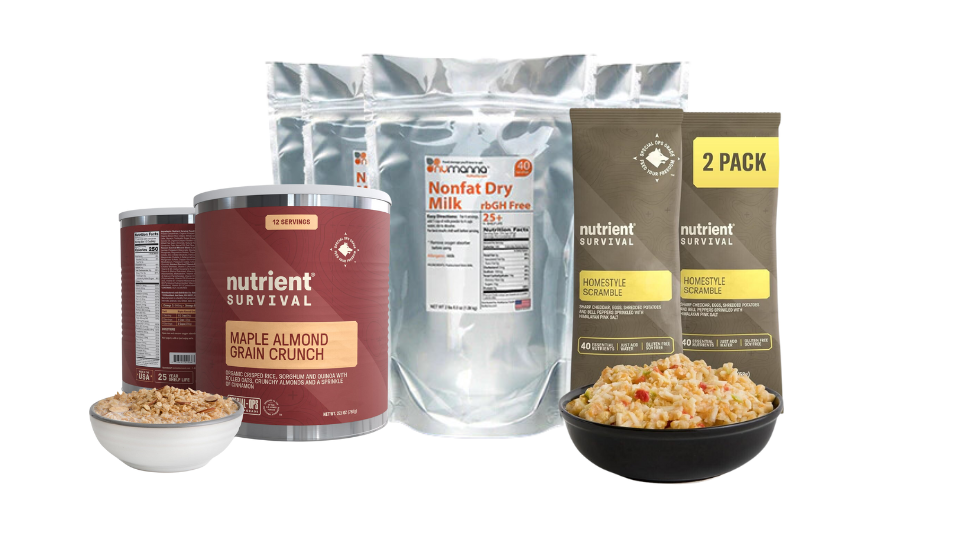
Determining Your Food Needs Based on Household Size
When planning an emergency food supply, understanding the specific needs of your household is essential.
Calculating Daily Calorie Needs Per Person
On average, an adult male requires about 2,500 calories per day, while an adult female needs around 2,000 calories. Children’s calorie requirements vary by age, but a rough estimate is 1,600 to 2,200 calories per day. These figures are essential when preparing your emergency food kits, ensuring each member of your household has enough to eat during a crisis.
For instance:
- Adult Male:2,500 calories
- Adult Female: 2,000 calories
- Child (6-12 years): 1,800 calories
In a household with two adults (male and female) and two children, the daily calorie requirement would be:
2,500 + 2,000 + 1,800 + 1,800 = 8,100 calories per day
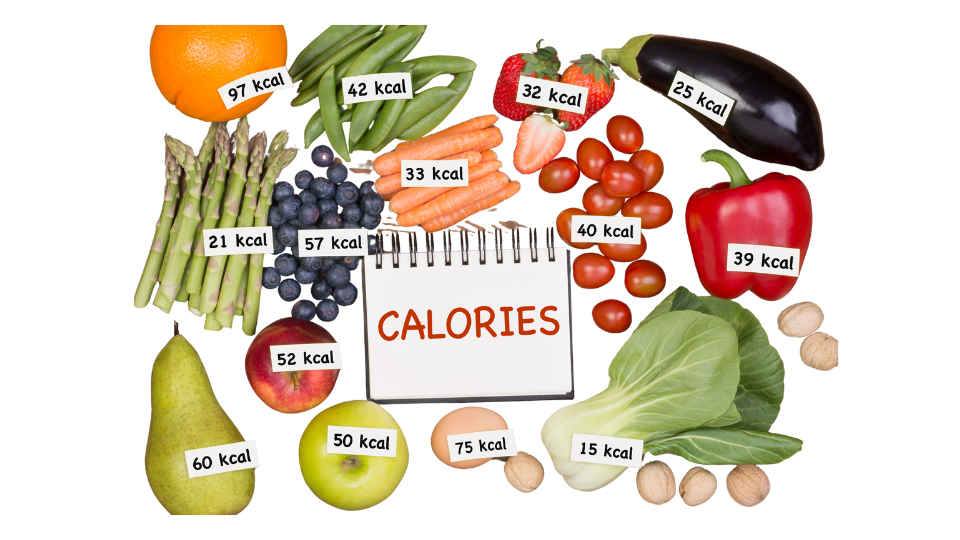
Estimating the Duration of the Emergency
Consider the potential duration of the emergency to determine your total food requirements. Natural disasters or power outages can last from a few days to several weeks, impacting your survival food stash. Planning for at least two weeks is advisable for short-term emergencies, while long-term food storage might aim for several months.
Example Calculation for a 14-Day Emergency:
For a household requiring 8,100 calories per day:
8,100 × 14 = 113,400 calories for 14 days
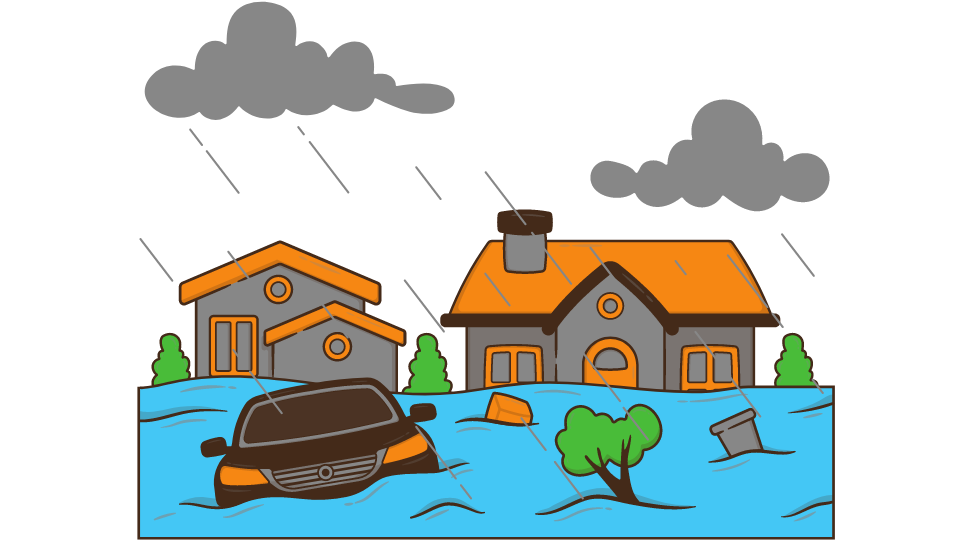
Calculations for Different Household Sizes
Household of 1 Adult Male
Daily Calorie Need: 2,500 calories
14-Day Emergency: 2,500 × 14 = 35,000 calories
Household of 2 Adults and 1 Child
Daily Calorie Need: 2,500 (Adult) + 2,000 (Adult) + 1,800 (Child) = 6,300 calories
14-Day Emergency: 6,300 × 14 = 88,200 calories
Household of 2 Adults and 3 Children
Daily Calorie Need: 2,500 + 2,000 + (1,800 × 3) = 9,900 calories
14-Day Emergency: 9,900 × 14 = 138,600 calories
Dietary Considerations for Survival Food
When preparing for emergencies, considering dietary restrictions and preferences is necessary. Each individual’s health and well-being hinge on access to appropriate and nutritious food, especially during stressful times.
Preferences in Foods
Some food preferences:
Gluten-Free Options for Survival Food
For those with gluten intolerance or celiac disease, gluten-free options are a must in any survival pantry. Fortunately, many shelf-stable foods fit the bill. Items like rice, quinoa, and gluten-free pasta can form the base of many meals.
Beans and legumes, such as lentils and chickpeas, provide essential protein and fiber. Additionally, freeze-dried vegetables and fruits, as well as home canned foods labeled gluten-free, ensure a variety of nutrients.
When choosing your gluten-free emergency food supply, always check expiration dates and store items properly to maximize shelf life.
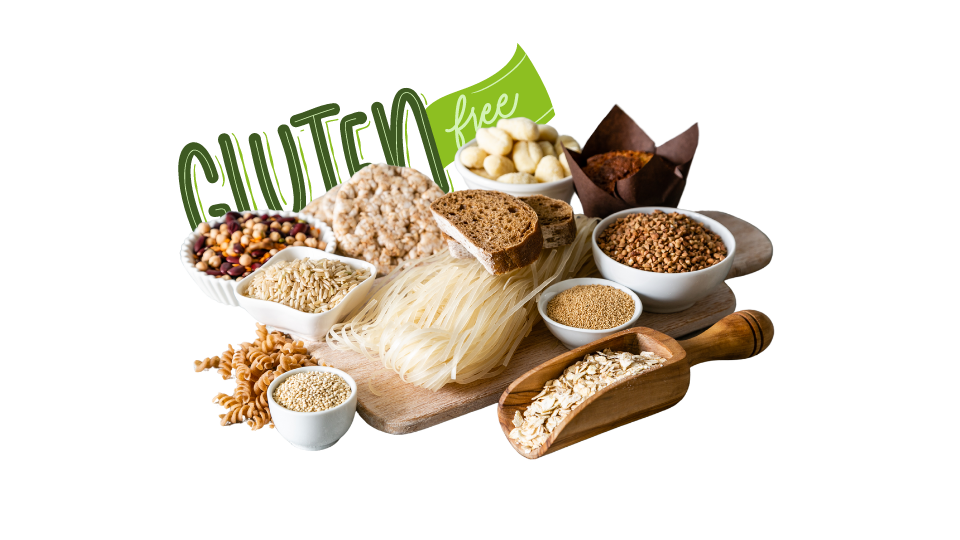
Allergen-Free Survival Foods
Food allergies can be life-threatening, making it essential to have allergen-free options in your survival stash. When preparing for an emergency, carefully review the ingredient lists of all food items. Look for allergen-free labels on canned goods, freeze-dried foods, and packaged meals.
- Safe Choices: Dried fruits, rice, dried beans, and glass jars of vegetables.
- Allergy-Friendly: Avoid common allergens like nuts, dairy, soy, and gluten.
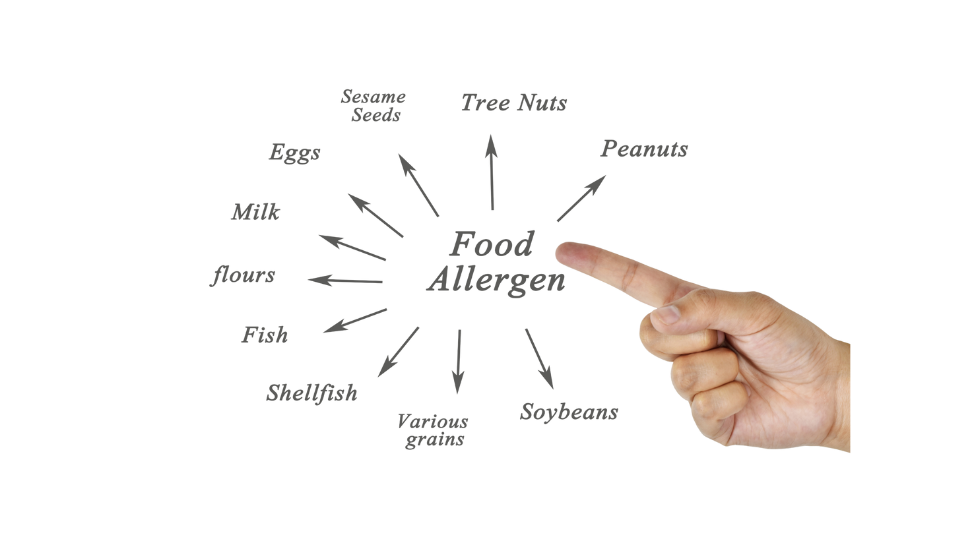
Vegetarian and Vegan Survival Foods
Vegetarian and vegan diets focus on plant-based foods, which can be easily incorporated into long-term food storage plans. For vegetarians, items like canned beans, lentils, and chickpeas have adequate protein content. Freeze-dried meals that feature vegetables, fruits, and grains are also make for good vegan backpacking food.
- Protein: Dried beans, lentils, canned beans, and chickpeas.
- Nutrient Sources: Freeze-dried vegetables, fruits, and grains.
- Shelf-Stable Foods: Peanut butter, brown rice, and fortified plant-based milk.
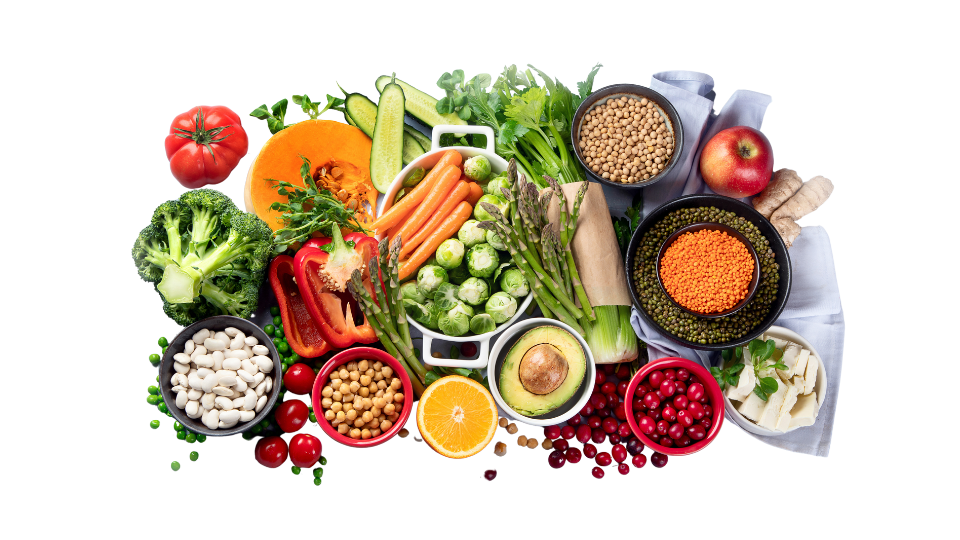
Nutritious Meal with Specialized Diet Options
Specialized diet options must provide a variety of nutrients to support overall health.

Protein Sources
Protein is essential for maintaining muscle mass and overall health. For those on specialized diets, include diverse protein sources.
- Beans, lentils, and chickpeas
- Canned meats (for non-vegetarians)
- Peanut butter and seeds
- Soy products like tofu (for vegans)
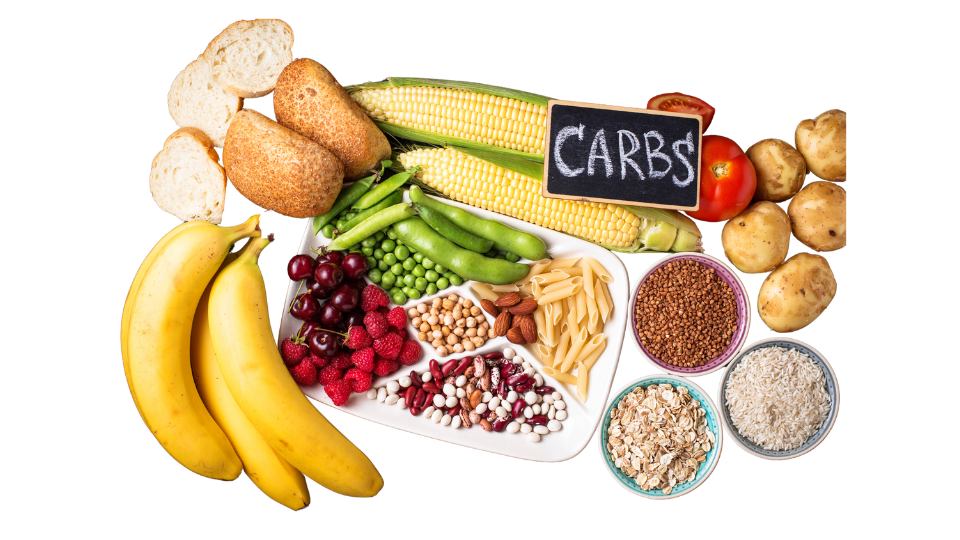
Carbohydrates and Fiber
Carbohydrates provide the necessary energy to stay active and alert. Quinoa and gluten-free pasta are good carbohydrate sources with longer shelf lives. Fiber is equally essential for digestive health, which can be maintained through dried vegetables, fruits, and whole grains.

Fats and Oils
Healthy fats are vital for brain function and energy. Nut butter, seeds, and shelf-stable oils like olive oil or coconut oil can provide these essential nutrients. Including a mix of these in your emergency food kits can help meet dietary needs.
- Nut butters
- Seeds
- Olive oil and coconut oil

Vitamins and Minerals
Vitamins and minerals are often overlooked but are essential for overall health, especially during stress. A freeze-dried meal retains most nutrients and has a long shelf life. Consider incorporating multivitamins into your emergency supplies to cover any potential gaps.
Types of Survival Foods
The following are the essential survival foods to have:
Freeze-Dried Food
Preparation involves simply adding hot water to rehydrate the food, making it ready to eat within minutes. Other benefits include:
- Shelf Life: Properly stored in airtight containers, these foods can last up to 25 to 30 years. Mountain House, a famous brand, offers a variety of freeze-dried food that boasts an almost indefinite shelf life when stored correctly.
- Nutritional Benefits: Freeze-dried meals retain most of the original nutritional value, including essential vitamins and minerals. The freeze-drying process locks in flavor and nutrients, ensuring that you receive nutritious food when you need it most.
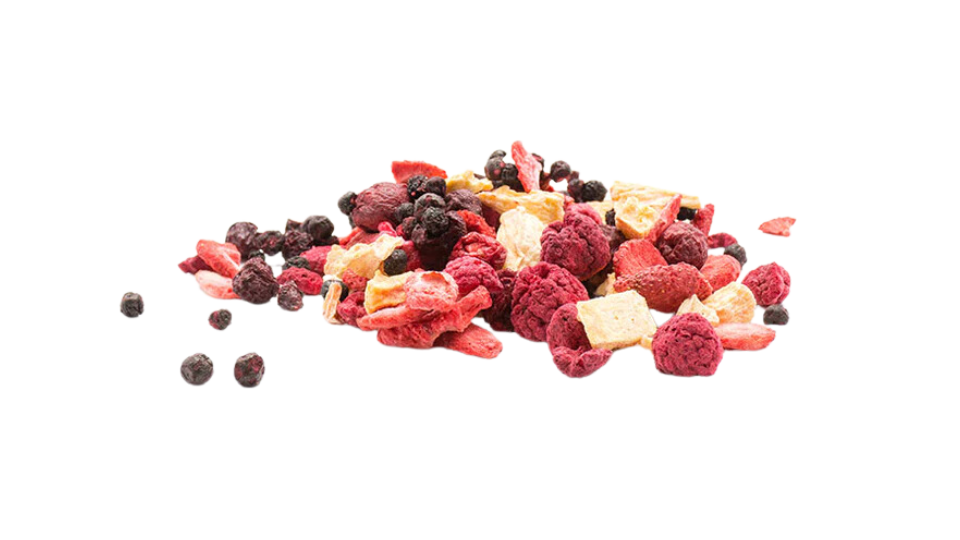
Canned Food
Most canned goods are ready to eat straight out of the can, though some may require heating for optimal taste.
- Shelf Life: Canned foods typically have a shelf life of 2 to 5 years, but many last longer if stored in a cool, dark place. Home-canned foods, when properly sealed and stored, also offer a reliable long-term food storage solution.
- Nutritional Benefits: Canned foods are packed with nutrients, though the canning process can sometimes reduce the levels of certain vitamins. Despite this, canned vegetables like green beans and canned meats provide a good source of protein and essential nutrients. Look for options with lower sodium content to maintain better health during long periods of consumption.
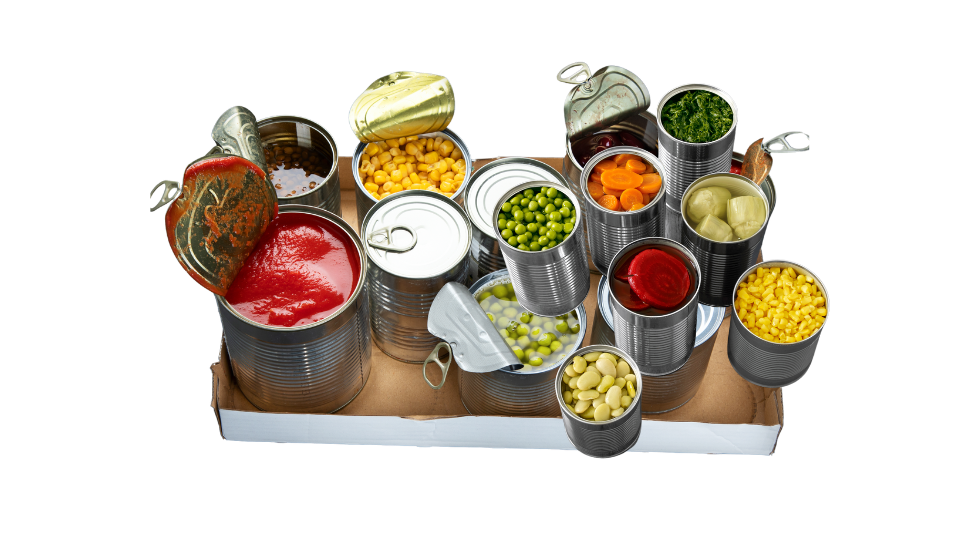
Dehydrated Food
Dehydrated food requires rehydration before consumption, typically by soaking in water. Using a food dehydrator at home can allow you to prepare a variety of dried fruit, vegetables, and even meat for your survival pantry.
- Shelf Life: When properly stored in airtight containers with low moisture content, dehydrated food lasts between 10 to 20 years.
- Nutritional Benefits: Dehydrated food retains a significant portion of its original nutritional value. Dried fruit and vegetables are excellent sources of vitamins and minerals, while dried meats provide essential protein.

MREs (Meals Ready-to-Eat)
These ready-to-eat meals do not require any preparation. Each MRE typically includes a main course, a side dish, a dessert, and even a beverage.
- Shelf Life: MREs have a shelf life of around 5 to 7 years when stored at room temperature. Cooler storage conditions extend the shelf life.
- Nutritional Benefits: MREs are formulated to provide balanced nutrition, offering a complete meal with a mix of carbohydrates, proteins, and fats. Likewise, MREs are an excellent choice for nutritious food that meets all dietary needs in a survival situation.
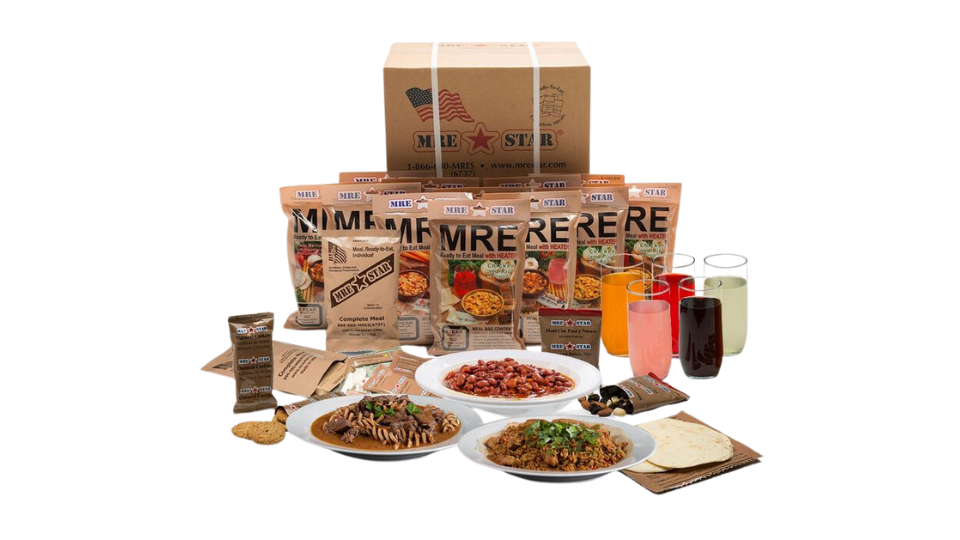
Storing Your Survival Foods
Properly storing your emergency food supply is essential to ensure it remains safe and nutritious. Some tips for storing various types of survival foods:

Keep in Cool, Dark Places: Storing food in a cool, dark location maximizes its shelf life. Avoid areas with temperature fluctuations or high humidity if you don’t want a shorter shelf life.

Use Airtight Containers: For dried and dehydrated food, use airtight containers to keep moisture out and preserve freshness.

Rotate Stock: Regularly rotate your stock of canned goods and MREs to ensure you’re consuming items before the expiration date.

Label and Date: Clearly label and date all food to keep track of the shelf life and expiration dates.
Conclusion
Ensuring food safety and selecting the best survival foods are essential components of emergency preparedness. A well-chosen survival food kit provides a variety of shelf-stable, nutritious food options, ensuring you have reliable access to essential nutrients during a crisis.
By considering dietary needs, storage requirements, and calorie intake for each household member, you can create an effective food safety plan that offers peace of mind and sustenance when it is needed most.

Have any questions or would like to place an order? We'd love to help! Chat with our friendly customer service team by calling 1-844-945-3625, chatting in on our website or email us at customersupport@wildoaktrail.com. We look forward to hearing from you!
Leave a comment
Comments will be approved before showing up.